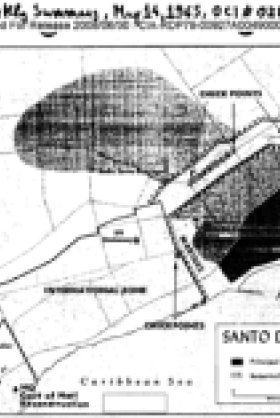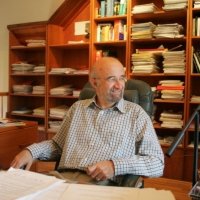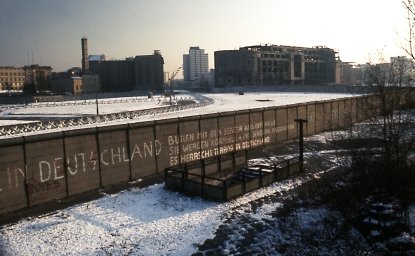Hope Denied: The US Defeat of the 1965 Revolt in the Dominican Republic



In CWIHP Working Paper No. 72, "Hope Denied: The US Defeat of the 1965 Revolt in the Dominican Republic," Piero Gleijeses examines the Spring 1965 uprising in the Dominican Republic to reinstate the democratically-elected President, Juan Bosch. Four days after the start of the revolt, American forces intervened and quickly occupied the entire country but downtown Santo Domingo until a provisional government and ceasation of hostilities was agreed to. Using documentary evidence from US sources, Gleijeses attempts to answer questions about the coup that have been the source of disagreement among observers and historians for many years -- Was there a real danger of a communist takeover had the US not invaded? How democratic were the June 1966 elections, and did Washington force the terms of a provisional government on the besieged rebels?
Piero Gleijeses is a professor of United States foreign policy at the Paul H. Nitze School of Advanced International Studies (SAIS) at Johns Hopkins University. Awarded a Guggenheim Fellowship in 2005, he is best known for his scholarly studies of Cuban foreign policy under Fidel Castro, and has also published several works on US intervention in Latin America.
Author


Cold War International History Project
The Cold War International History Project supports the full and prompt release of historical materials by governments on all sides of the Cold War. Read more


History and Public Policy Program
A leader in making key foreign policy records accessible and fostering informed scholarship, analysis, and discussion on international affairs, past and present. Read more




